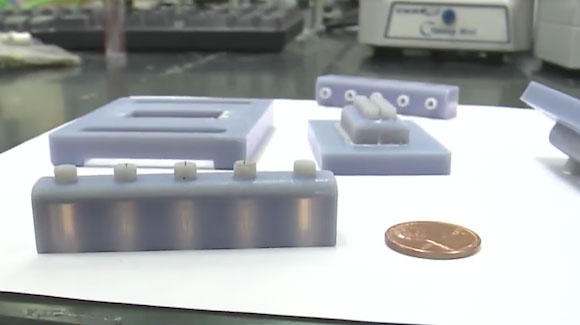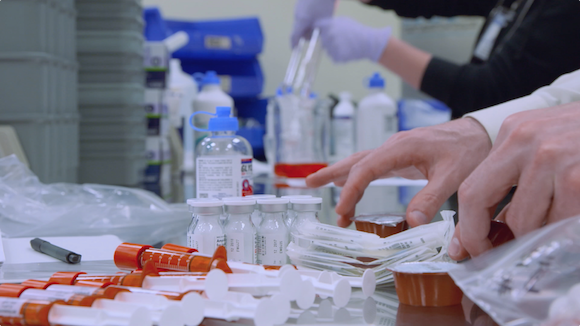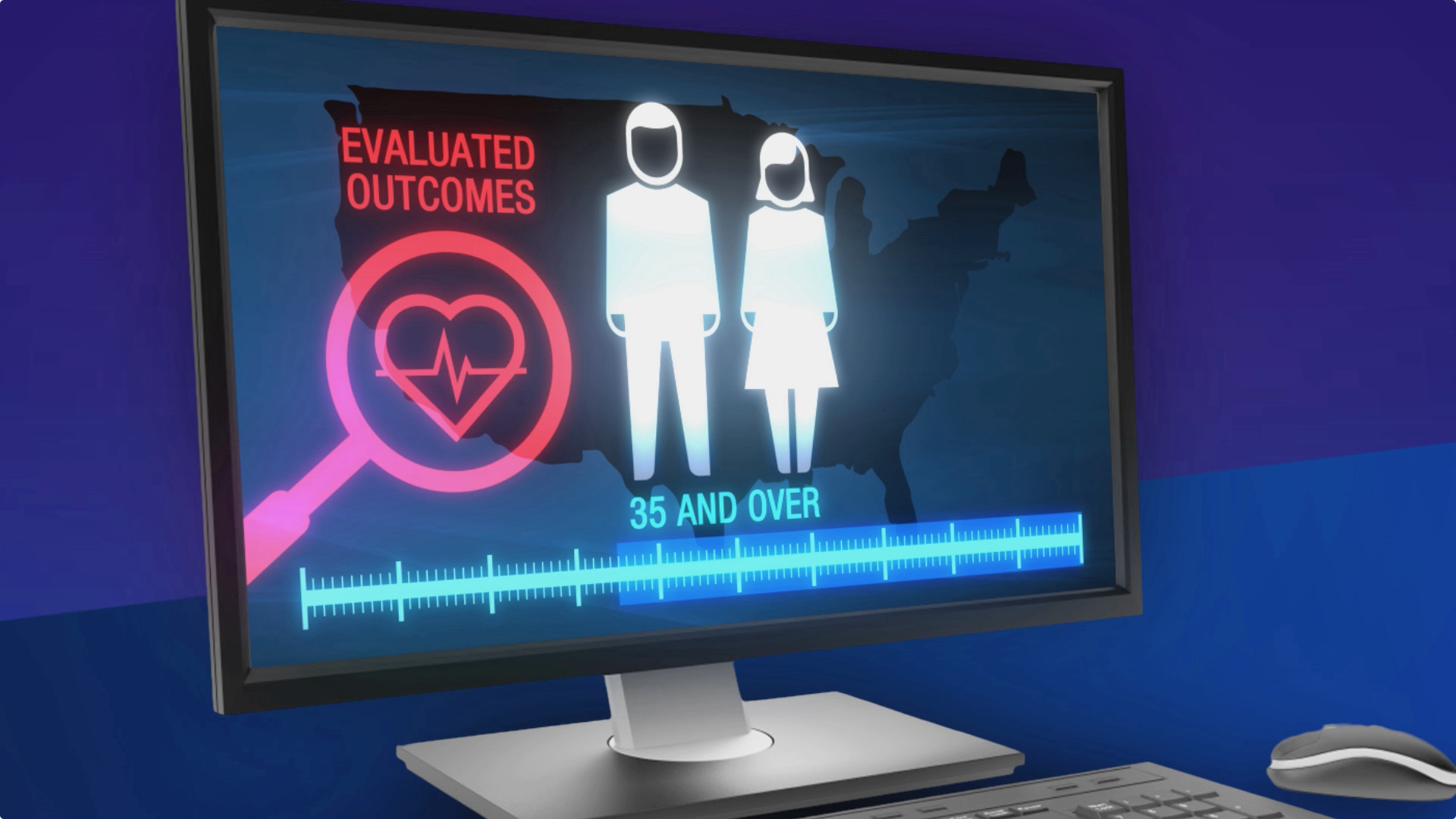The Pharmacists Channel
October 12, 2010 • Pharmacists, Psychiatry & Mental Health, Reuters Health • The Doctor's Channel Newscast
NEW YORK (Reuters Health) – Patients with bipolar disorder treated with more than one second-generation antipsychotic drug do not do any better than those treated with one drug, and only have worse side effects.
Dr. John O. Brooks, III, with the University of California, Los Angeles, and colleagues report that finding in the Journal of Clinical Psychiatry online September 7.
They note that enthusiasm for using second-generation antipsychotics (SGAs) for nonpsychotic affective episodes has increased since traditional antidepressants don’t seem to help in bipolar disorder. Two or more SGAs are often combined, without much data to support the practice.
To evaluate the safety and tolerability of SGA polytherapy compared to monotherapy, the researchers analyzed data on 1958 patients in the Systemic Treatment Enhancement Program for Bipolar Disorder (STEP-BD) trial who received at least one SGA.
Almost 10% (162) of the patients were prescribed more than one antipsychotic. “Monotherapy and polytherapy recipients were remarkably similar with respect to age, sex, age at onset, number of past affective episodes, and body mass index (BMI),” the authors found.
Global functioning scores were similar with monotherapy (62.3) and polytherapy (60.4), and likewise for the percentage of well days (66.9% vs. 59.3%).
Moreover, rates of most adverse effects such as dry mouth, constipation, sexual dysfunction and tremor were all worse with polytherapy compared to monotherapy, even after controlling for severity of illness and medication load.
Recipients of more than one SGA used nearly three times as much additional psychiatric treatment as patients receiving only one SGA, Dr. Brooks and colleagues report.
They conclude, “SGA polytherapy is associated with substantial disadvantages, ranging from increased adverse events to increased health service usage to decreased functioning.” These disadvantages “ought to be carefully considered by clinicians considering such interventions.”
Reference:
Safety and Tolerability Associated With Second-Generation Antipsychotic Polytherapy in Bipolar Disorder: Findings From the Systematic Treatment Enhancement Program for Bipolar Disorder
J Clin Psychiatry 2010.









